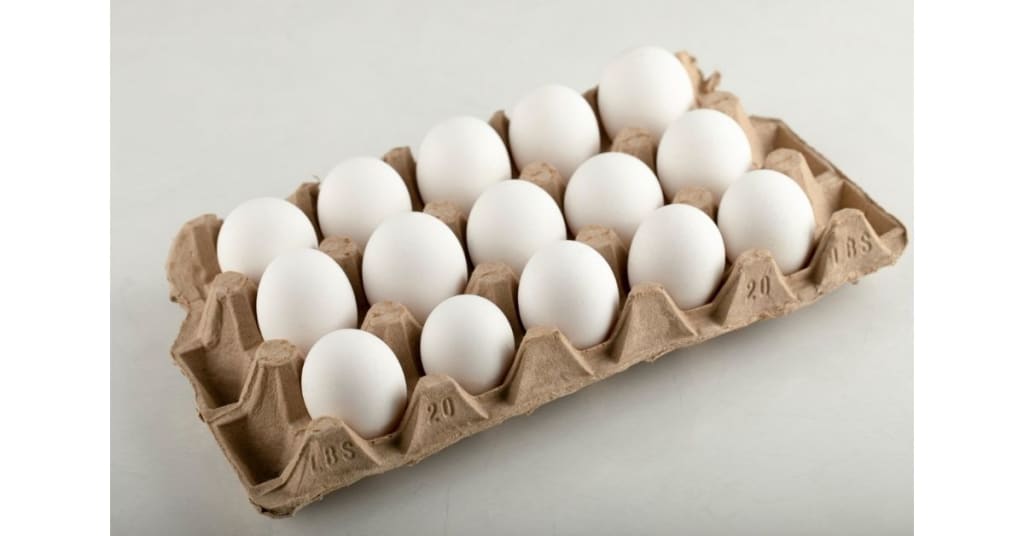How To Tell If Eggs Are Bad
In Today’s Article, We Will Know how to tell if eggs are bad

I have always been afraid to eat eggs for fear of catching something from them. After seeing so many people catch colds from them I became even more afraid. I decided to do some research to find out if eggs were bad for me or not. I found that the majority of the time the answer was yes, eggs can make you sick, but not always and sometimes it’s not the egg, it’s the person.
I have recently become concerned with my skin and decided to take a more holistic approach to my health. I decided to make my face washes, lotions, and masks to see if I could heal my skin naturally. I stumbled upon the wonders of egg whites and decided to give them a shot. My first attempt involved two egg whites, a spoon, and some water.
I’ve been using the same facial cleanser for a year now and I’m starting to get worried. It doesn’t clear my skin but it doesn’t make it worse. It’s just a lot of dirt and dead skin that I’m not sure is causing my problem or if it’s the facial cleanser. I’m starting to wonder if it’s even worth it to continue with this product.
I’ve read that you should never use heat to treat acne, but I had no idea how to tell if my eggs were bad or not. The best way I’ve found is to put the eggs in a bowl of cool water for about an hour. If after that time the eggs don’t turn green, then they’re probably not bad. But if they turn green, then they’re probably bad and should be thrown out.
What causes eggs to go bad?
Eggs can go bad for several reasons, the most common of which is that they have been kept at room temperature for too long. The best way to avoid this is to store eggs in the fridge, where they will remain good for up to a month. The second most common cause of bad eggs is improper handling. Shells can crack if eggs are dropped, which may lead to contamination.
If your eggs have been sitting at the back of the fridge without being rotated, the yolks will be dried out and the whites won’t be as fresh. If your eggs go bad before being used, you can usually salvage them by re-cooking them or consuming them as-is.
The most common reason is that the chickens are old, having been raised on store-bought food. The yolks often have an orange-brown color instead of the bright yellow of fresh eggs, and the whites are often curdled or beginning to coagulate. However, it is not always possible to tell if an egg is bad before cooking. The temperature of the eggs should be above 40 degrees to prevent the growth of bacteria and preserve the quality of the egg.
What are the signs that eggs are rotten?
There are several signs that eggs are rotten. If they do not form a clear liquid when you crack them, they are likely to be unsolvable. If the eggshell becomes discolored, the egg has likely gone bad. Many people will use this method to determine if eggs are good or not, but it’s an unreliable way to tell.
The signs that eggs are rotten are a foul odor, a moldy or moldy/slimy appearance on the exterior, and a gray color, which are the result of the rapid growth of bacteria inside the egg. When eggs are very old, they start to get a little soft and you can see the whites and yolk start to turn.
When an egg is rotten, it smells and is discolored. You can usually tell if the egg is rotten by just looking at the egg itself. Most people have learned to inspect their eggs, but I always get a little nervous when I have to smell an egg.
What to look for when purchasing eggs?
There are several ways to determine whether or not eggs are still good. The best way is to crack the egg and look for a clear liquid or yolk that flows easily from the egg when the shell is broken. If the eggshell is discolored and the yolk no longer flows from the egg, the egg has likely gone bad. You can also look at the color of the egg.
When purchasing eggs, it’s important to pay attention to the signs of freshness. A dirty carton is a good sign that the eggs have been sitting on the shelf too long. The carton should be free of grease stains and the egg whites should be solid, with no liquid egg white visible when the carton is tilted. The yolks should also be solid, with no liquid yolk visible when the carton is tilted.






Comments
There are no comments for this story
Be the first to respond and start the conversation.